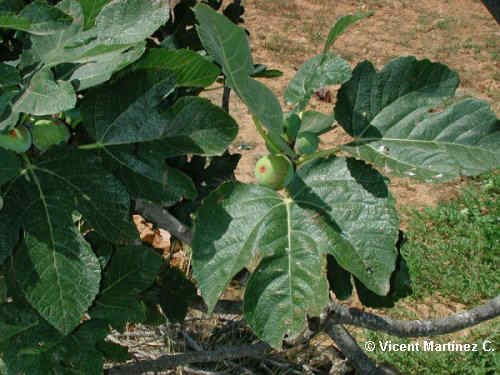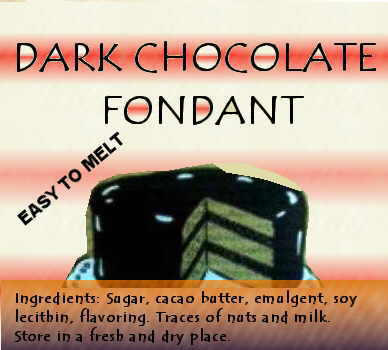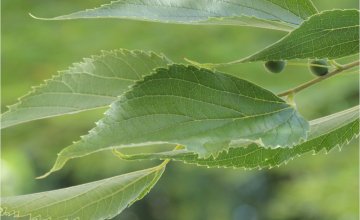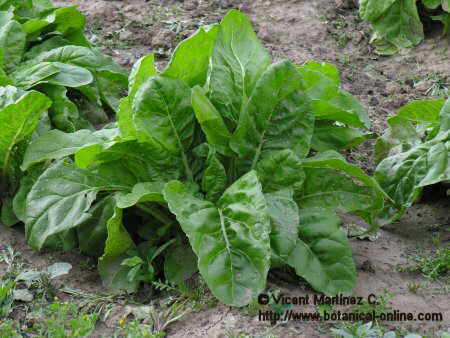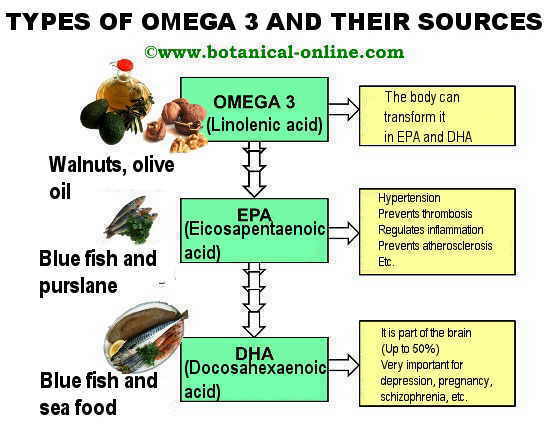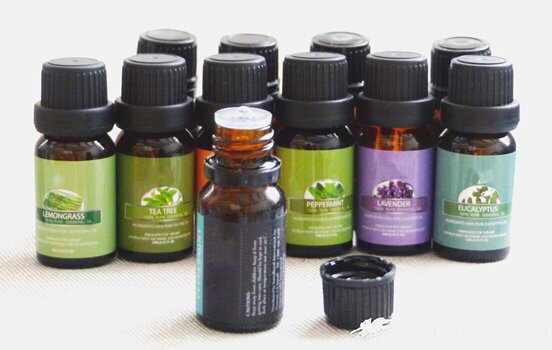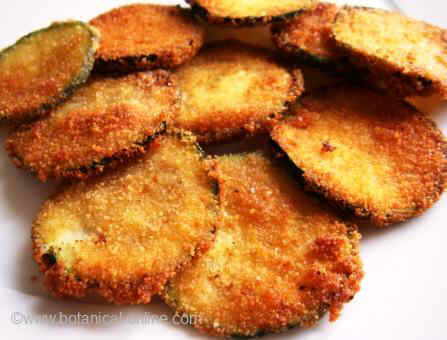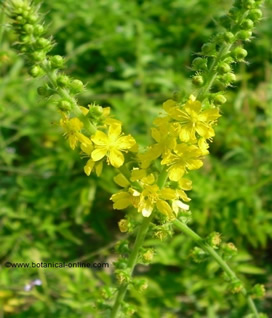Contents
What is antivitamin K?
Foods high in anticoagulant K antivitamin
Antivitamin K is a type of antivitamin that blocks the function of vitamin K in the body. This vitamin has the important function of coagulating blood (its name comes from the Danish K = Koagulation).
Dangers of antivitamin K factors
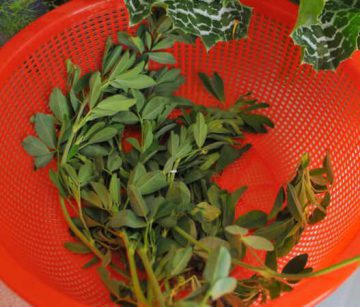
The main danger of ingestion of plants rich in vitamin K is the possibility of bleeding.
What are the antivitamin K factors?
The main substances with antivitamin K properties are coumarins, which are found naturally in many plants.
Coumarins prevent the activation of vitamin K, which can cause bleeding if consumed in excess. This is how the “killers” or raticides (high doses), which cause bleeding.
What foods contain K antivitamin factors?
- Medicinal plants with a lot of coumarins: There are some medicinal plants that contain many coumarins: senna (very common plant in laxative preparations), clover, alfalfa, aloe acibar, wormwood, marshmallow, cinnamon and meadowseet, among others. They are also found in the essential oils of many plants.
- Foods high in coumarins: There are some foods that have an important content in coumarins : grapefruit, alfalfa (in sprouts or as an edible wild plant) and capers.
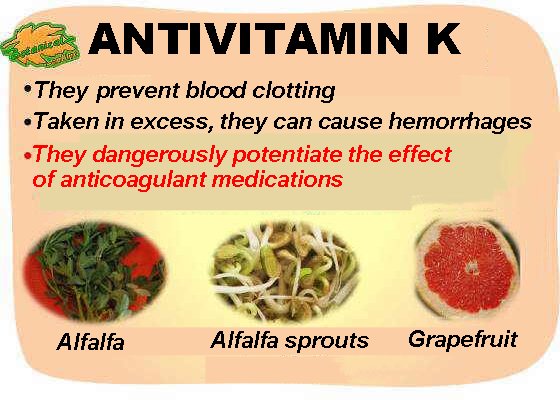
Contraindications of coumarins
Coumarins are the most important antivitamins from the health point of view as they must be controlled in the diet of some patients. Its main contraindication is that they interact with anticoagulant medications that also affect vitamin K.
By blocking the coagulant function of vitamin K, coumarins enhance the effect of anticoagulant drugs that act on the same vitamin (such as Sintrom or acenocoumarol or warfarin). This multiplies the risk of bleeding that already involves the use of these drugs.
Coumarin poisoning in cattle is known as “sweet clover disease”, because this poisoning is caused by ingestion of grass rich in moldy clover. Clover coumarins become a potentially toxic type of coumarin called dicumarol, which causes fatal bleeding.
*Related information: Toxicity of antivitamins
![]() More information on vitamin K
More information on vitamin K

